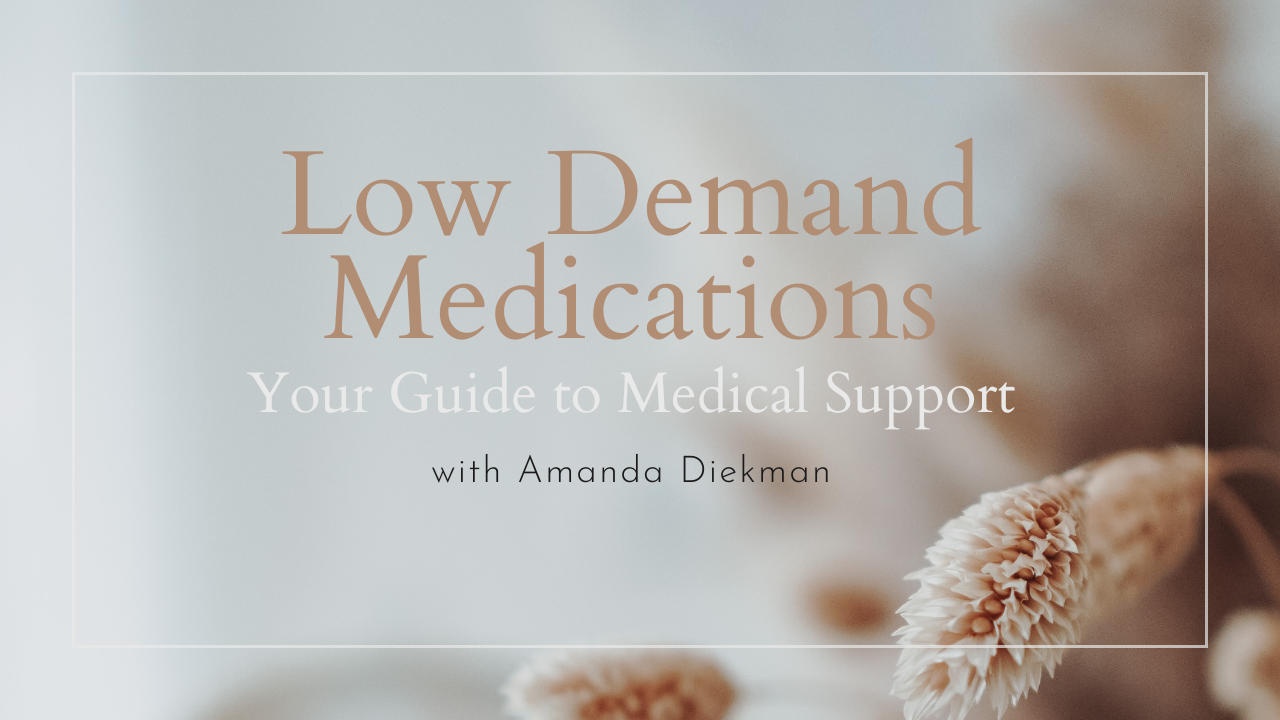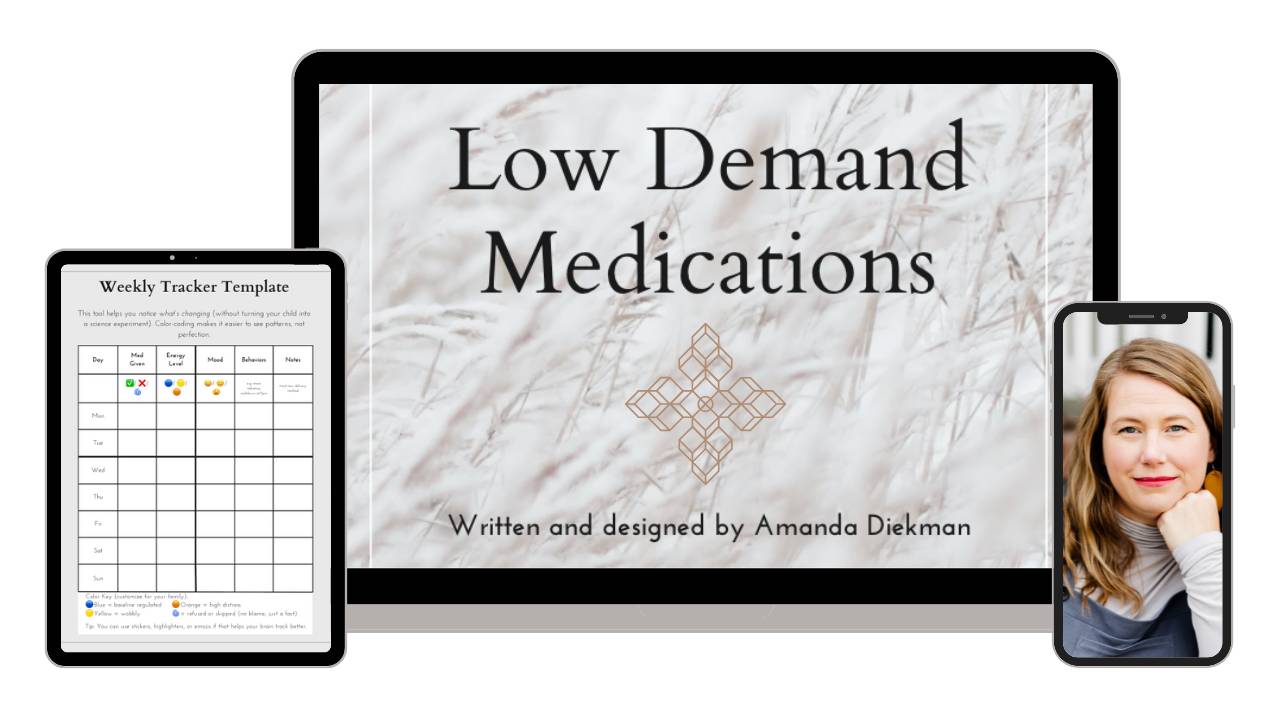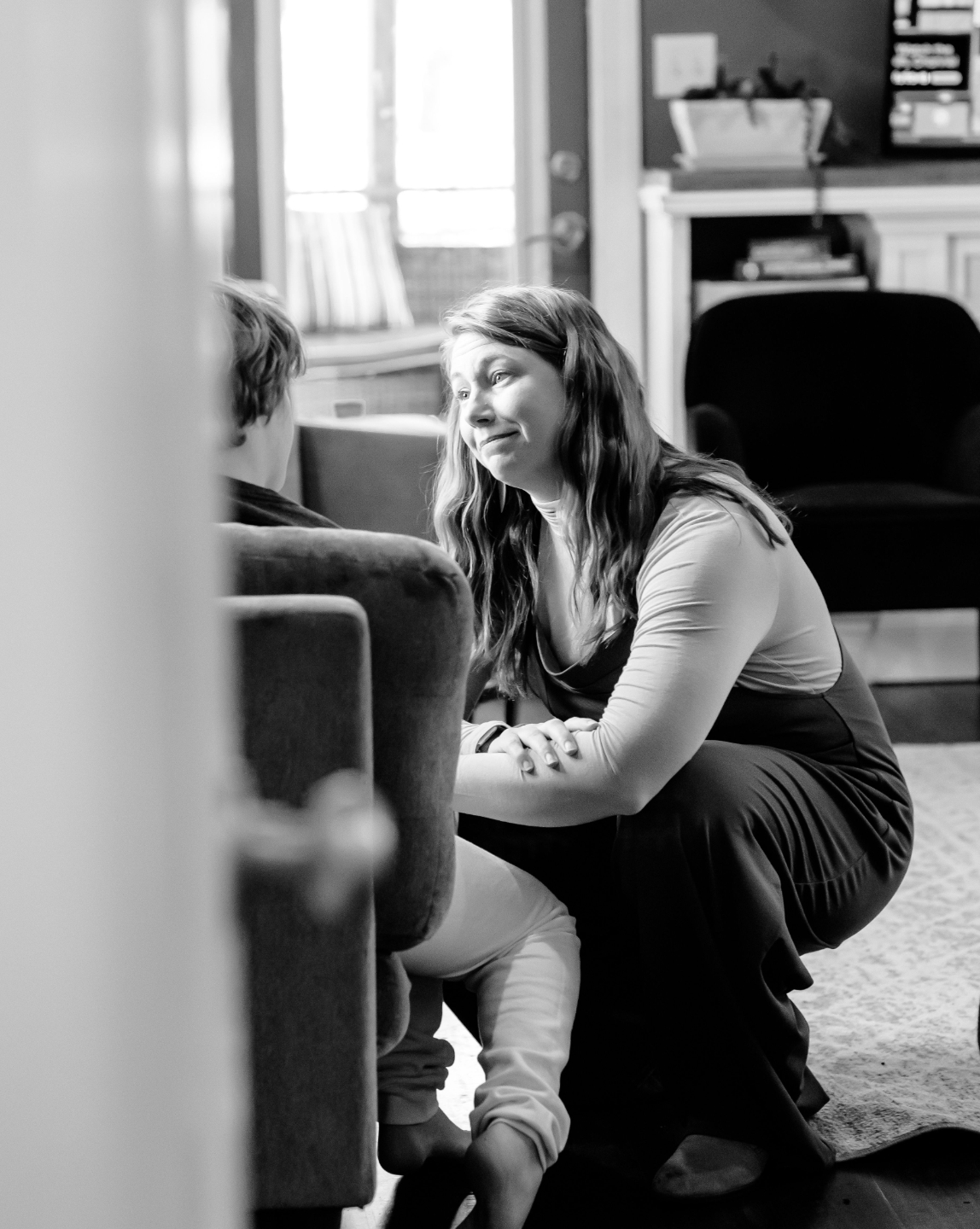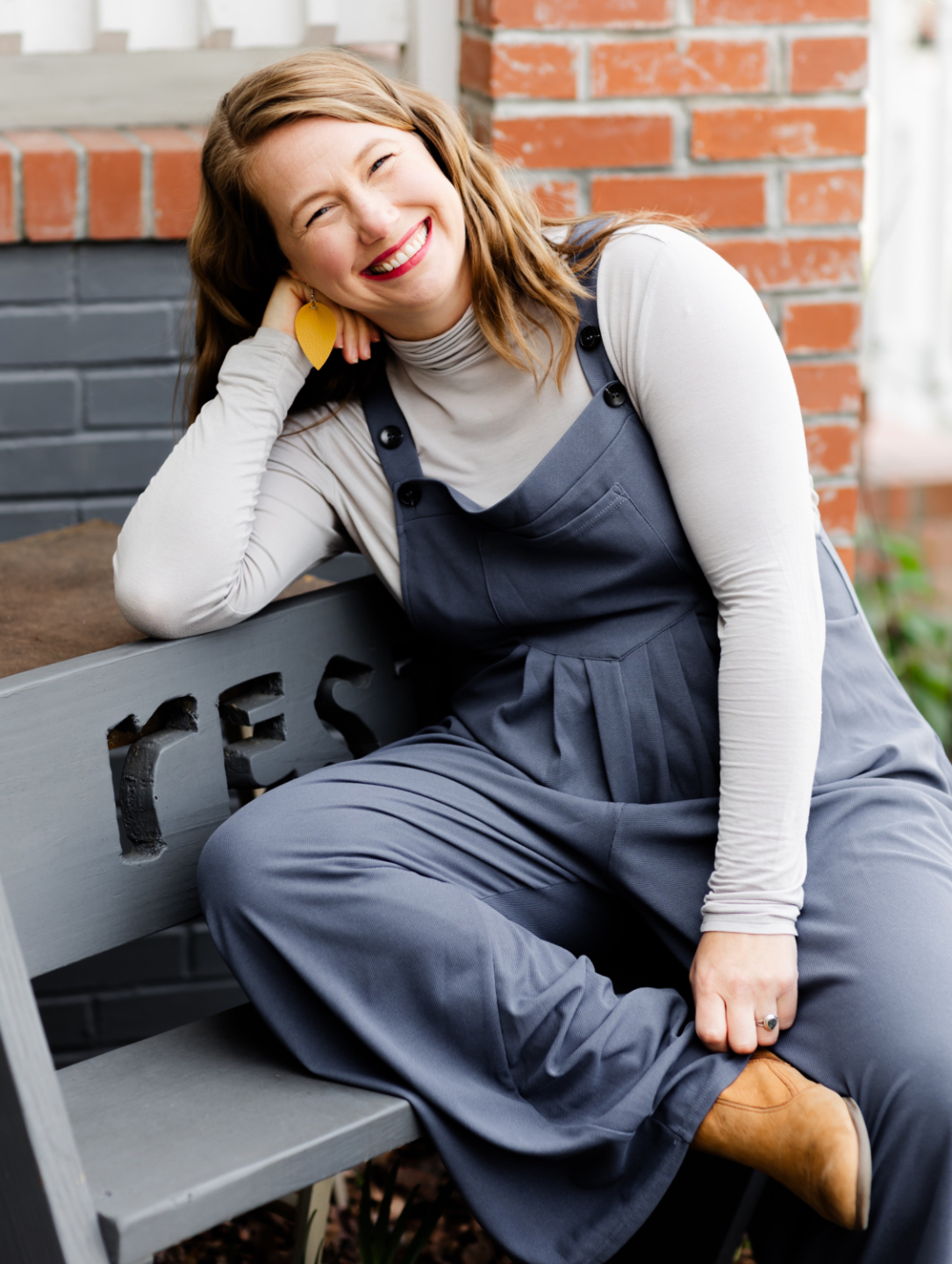
Low Demand Medications
One of the most common questions I get—often in whispered messages and quiet DMs—is about medication.
“How did you know it was time?”
“What worked for you?”
“How do I get my kid to take it?”
“What if they say no?”
These aren’t simple questions, and there are no one-size-fits-all answers.
But there is a low demand way.
You already know your child needs medication—but the thought of daily battles makes your stomach drop.
Maybe you’ve tried before and ended up in screaming matches, meltdowns, or full-body shutdowns.
Maybe the word pill alone is enough to send your child spiraling.
Maybe you’ve been blamed and shamed by providers who think the problem is your parenting, who suggest sticker charts or more discipline when what you really need is compassion and creativity.
Whether your child is six or sixteen, the thought of forcing meds into them feels impossible—and you’re right.
Force doesn’t work for PDAers, and it doesn’t work for you either.
This course is built for families exactly like yours.

Low Demand Medications is a self-paced guide that shows you how to approach meds without power struggles.
You’ll learn:
- What the most common psych meds actually do (in plain language)
- How to work with providers who respect your reality
- What to say to your kids about the what and the why behind medications
- Perhaps most importantly, how to get medication into your child’s body in ways they can actually access—without aggression, without coercion, without shame.
Because the best medicine in the world won’t help if your child can’t take it.

In this crash course, you’ll receive guidance on...
- Choosing a Provider Who Gets It: Including questions to ask a new provider and unpacking medication shame
- Medication, Access, & Consent: Including understanding common medications and making medication accessible
- Tracking, Tweaking, & Talking: Assessing if it's working and scripts on how to talk to your kid
- Tools For the Family: A Processing Guide, scripts for for meeting with providers, and practical tools
- Plus recommendations on additional resources to go deeper
My hope is that this guide helps you take the next step with confidence and support.
You deserve support. Your loved one deserves relief. And your family deserves peace.

Yun Hee
"Lowering demands for my kid -- and for me -- feels like finding my foundation and my footing again. I've tried to do everything the right way, and I am learning to trust myself and trust my child instead."

Ben and Jilleanne
"We took this course together to try to get on the same page about how to help our PDAer in burnout. It gave us common language and concrete ideas of things to try. Within a few weeks of trying this approach, we saw massive changes in our kid's stability."

Heather M.
"All I can say is GET THE COURSE.
I agonized about it way too long and then once I jumped in, it was all so simple and applicable and doable."

This guide was born from my own messy, tender, ongoing experience with psychiatric medication in my neurodivergent family.
It’s a path we walked slowly and painfully, full of trial and error, moments of relief, and moments of grief.
This grows out of my own experience with medication as much as my kids’.
When I had my third child in four years, our life was unstable and incredibly difficult, and I felt unsupported and unseen. I quickly sunk into post-partum depression, and it felt excruciatingly bad. My therapist noticed and within weeks, I was on an SSRI to relieve the crushing depression, but it took weeks to kick in and more weeks to adjust the dose to the most effective levels. I remember sobbing to my therapist that I felt like I couldn’t make it one more day, begging for the medication to work faster. And I can also clearly remember the utter relief when the onslaught of depression finally faded.
I was and still am so grateful for that tiny pill, a miracle of modern medicine.
Are there shadow sides to SSRI and important questions unfolding about medication in our modern world? Undoubtedly.
Are there other important ways to relieve suffering and heal hurting people? Yes, for sure.
Do I think meds are the only way? No, never.
But has finding the right medications for me, my spouse, and all three of my kids changed our lives forever?
ABSO-FRICKIN’-LUTELY.
Hi, I'm Amanda.
I’m Amanda Diekman, an autistic adult, parenting PTSD survivor, and creator of the Low Demand Parenting approach. As a mom of neurodivergent kids, I know firsthand how exhausting power struggles, meltdowns, and constant demands can be. That’s why I’m passionate about helping parents find more peace, joy, and connection in their families—without the overwhelm. I’ve helped hundreds of parents like you transform daily battles into opportunities for growth and healing. Let’s work together to make life feel more doable again.

